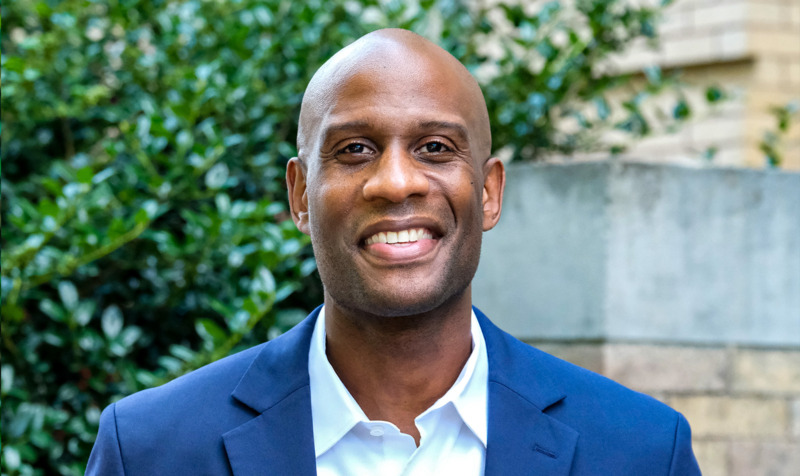Education
- Ph.D. 2011 – The University of Iowa, Counselor Education and Supervision
- M.S. 2007 – Minnesota State University, Counseling
- B.S. 2005 – Minnesota State University, Psychology
- A.S. 2003 – Colby Community College, Computer Science
- A.A. 2003 – Colby Community College, General Studies
Areas of Expertise
- Academic Resilience and Strength-Based Frameworks
- Multicultural and Social Justice Training Practices
- Protective Factors and Behavioral Coping Strategies
- College and Career Readiness
Background
Joseph M. Williams, Ph.D., is a professor in the School of Education at the University of North Carolina at Chapel Hill. Prior to joining the UNC faculty, he held tenured positions at George Mason University and the University of Virginia.
Williams has over a decade of practical experience counseling children and adolescents in both school and mental health settings. In addition to his academic and clinical work, he consults with school districts, community organizations, professional associations, and corporations to advance diversity, equity, and inclusion initiatives. His consulting practice emphasizes meaningful stakeholder engagement and systemic change.
Research
Williams’s research agenda centers on strength-based frameworks for understanding the experiences and resilience of marginalized K-12 students. He focuses on identifying the protective factors and underlying processes that promote academic resilience among students of color and those from low-income backgrounds.
A secondary area of his scholarship explores the development, implementation, and evaluation of multicultural and social justice training practices for helping professionals.
As part of his ongoing research, Williams is currently leading a project examining how students of color cope with racism-related stress in educational settings. This study explores the strategies students use to mitigate its harmful effects and how these behaviors may moderate the impact of racial stress on academic motivation, achievement, aspirations, and psychological well-being.
